Can I Charge a Battery Directly from a Solar Panel?
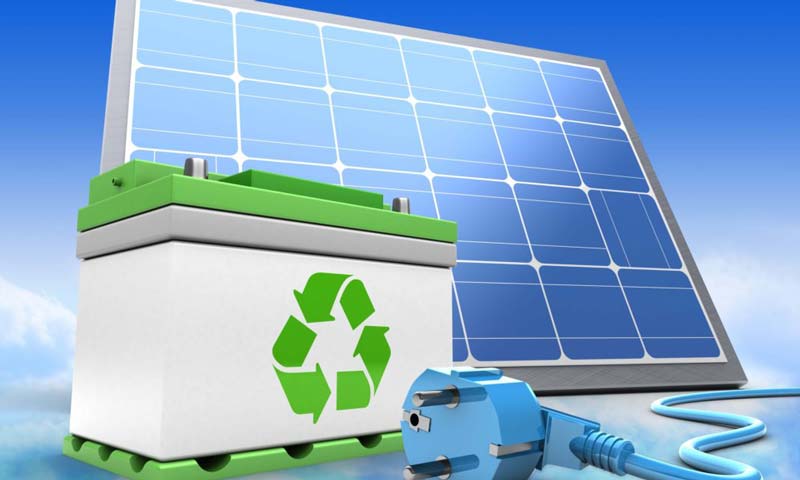
It’s possible to charge your battery using just sunlight. Your solar panels are generating electricity all day long and batteries can store it up for use at night.
You can charge a battery directly from a solar panel, but it will charge much faster if you charge the battery with an inverter first. You can also charge your batteries during the day with an inverter that converts DC current into AC.
This article will show you how to charge your battery directly from a solar panel and why they charge batteries so slowly when compared to plugging them in or using an inverter.
How do you charge a battery with a solar panel?
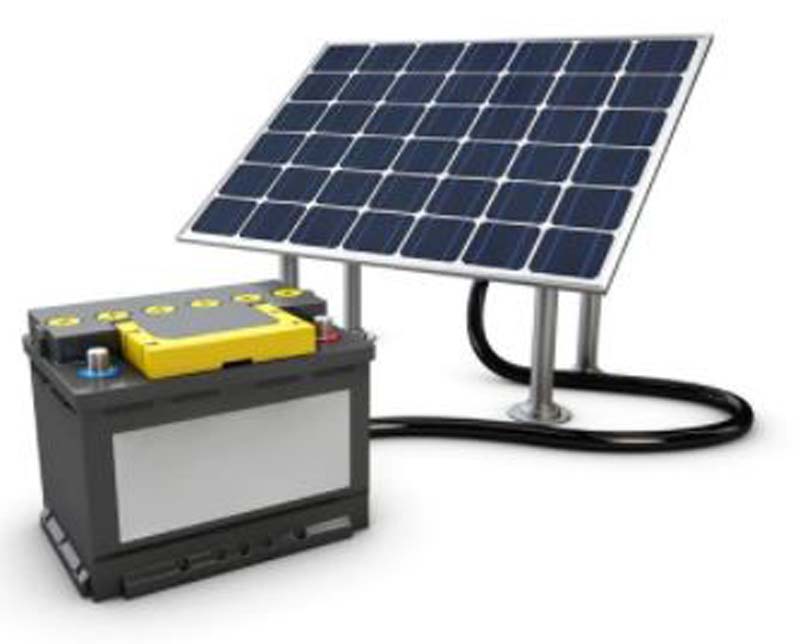
To charge a battery with solar panels, you need to connect the positive terminal of the panel to the positive terminal on your battery. For this example, we’ll be using an 18-volt panel and 12-volt batteries (there are 24 cells in total).
Now that both terminals have been connected together, they will transfer energy in order for each cell to be charged. This is an efficient way to charge your battery, but it will take a very long time for the process to complete.
For more efficient charging of smaller batteries, you can use solar cells which are specifically designed for this purpose. These panels are usually called “solar chargers” because they are designed to charge batteries directly.
If you have a large battery bank, it might be more efficient to use a solar inverter. This will convert the DC power from the solar panels into AC power that can be used by your appliances and devices.
How can I use solar panels directly without batteries and inverters?
The process is simple. You need to connect the solar panels directly to a load such as lamps, electrical appliances, and lighting fixtures.
Install your solar panel on the roof or any other exposed surface where they can receive sunlight exposure without obstructions such as trees. Make sure that the solar system is installed near an electrical outlet for the connection of load appliances directly into the solar panel.
Once the system is set up, plug your appliances into the outlet and enjoy free energy from the sun!
Note: Do not overload the circuit by plugging in too many appliances at once. Only use what is recommended for each individual solar panel installation.
Can solar panels charge battery without inverter?
Solar panels do not require an inverter to charge a battery. The PV system produces direct current (DC), which must be converted into the alternating current (AC) that is used by most household appliances, including batteries. If you are using DC appliances like LED lights and fans with your solar panel kit, then it’s possible to charge a battery without an inverter.
Solar panels require an inverter to convert the electricity produced by the solar panel to charge a battery. An inverter is necessary because batteries don’t produce electricity; rather, they store power and discharge it as needed.
Can Solar Light Be Charged Without The Sun?
Yes. In some cases, solar lights are charged indirectly when the light from the sun falls on a secondary light-sensitive surface, such as a photovoltaic cell. The above applies to smaller solar energy systems that can most frequently be used in garden paths and patio walls.
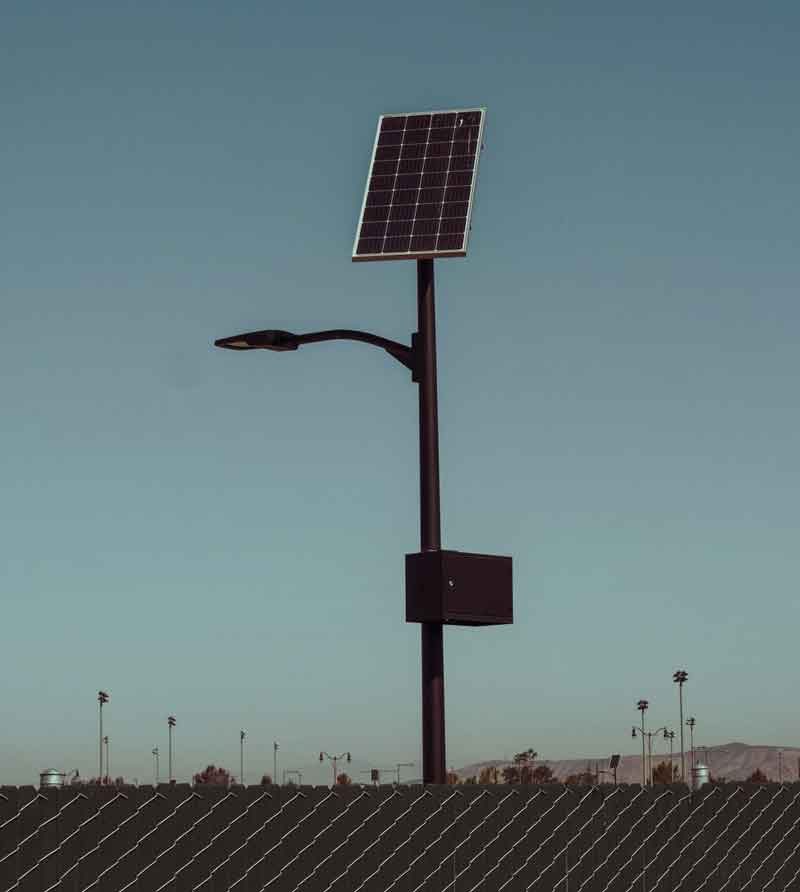
This means that even though the solar power source is not readily available for periods of long hours of sunlight, this kind of technology will provide energy from the panels when they are needed most – during dusk and dawn – thereby extending their lifetime exposure to the sun’s power source.
Another way to charge solar lights without sun is by using a wind turbine generator. These turbines are composed of an axis that rotates in the wind and attached blades that generate electricity when moving through air currents.
Depending on their size, they can produce anywhere from 200 watts up to 40 kW per hour; thus, these generators can power several appliances and outlets.
However, they are not always available since the wind is neither constant nor predictable. At best, they can be used in conjunction with solar panels to provide continuous power.
At night or during cloudy days when no wind blows nor the sun shines, there are other options for charging solar lights without sun like a rechargeable battery that can store energy from sunlight and release it at will; this is obviously more practical than storing electricity directly since it would be impossible to store so much energy in such a small space.
The only drawback is that the batteries require constant maintenance and replacement over time which makes them more expensive than solar panels with battery backup, even though they can provide power after periods of darkness for several hours depending on their size.
Can Led Lights Power Solar Panels?
Yes, you can use solar cells with LED lighting. However light waves don’t correspond as closely to the light waves produced by incandescent bulbs. This means it’ll be longer to charge and you’re going to need more LED lights to charge the solar panel. Shoot for a peak wattage of around 100 in LED light if the solar panel can be powered. Set a range of 200 watts instead of 40 in one.
Charging Your Solar Lights In Cloudy Weather
Charging your solar lights in cloudy weather can be difficult. It is not as common to get direct sunlight and this can affect the effectiveness of your solar lights. However, it does depend on how overcast the sky is.
On an exceptionally overcast day, the solar panels are only about 20% more effective than they do on sunny days. This assumes the cloud doesn’t break during this period which is rare.
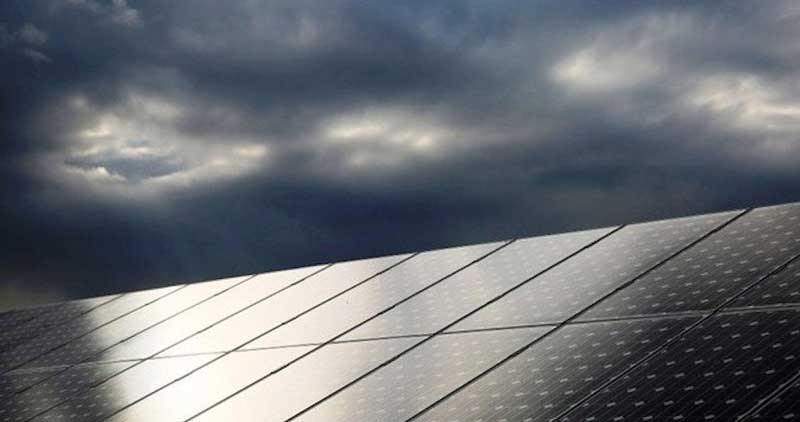
Precipitation can affect whether a light source is coming in or the power output could be damaged. Make sure your solar lights face direct sunlight as this will enhance your charging abilities and extend battery life for longer usage.
There are also some other tips you should remember when it comes to cloudy days:
Keep the panels clean – dusty, dirt, or mud can affect the charging abilities of your solar lights. If you want to be certain that they are clean, use a damp cloth with water and soap to make sure there is no residue on them.
Keep the batteries in good condition – if they aren’t properly charged then this will affect how well your solar light performs at nighttime.
Keep the panel at a 30-degree angle – this is so that it can capture as much sunlight as possible.
Keep them in the shade – direct sun may not be necessary but if they are kept in heavy shadow their effectiveness will decrease.
How Can I Charge Solar Lights In Winter More Effectively?
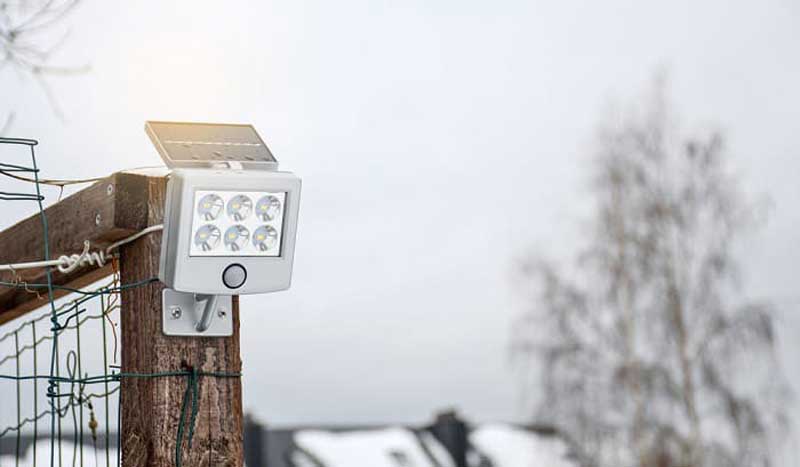
In the winter, it’s easy to just forget about your solar lights as they won’t receive enough sunlight. However, you can actually charge them with a few simple steps!
First of all, keep your solar light in a sunny spot during the day. Make sure that it’s not blocked by any plants or structures and is receiving full sunlight exposure. This will help charge up your lights for when you need them at night!
Next, make sure to always turn on your lights at dusk so they can store energy for later. If you forget to turn the lights on, they’ll lose all of their charges and won’t be able to light up your garden or driveway at night.
You can also use a special battery charger designed specifically for solar lights. This will ensure that your batteries are always fully charged during the winter months when sunlight exposure is limited.
Using a Solar Panel and a Charge Controller to Charge a Car Battery
How To Make A Homemade Solar Panel Using Blades | DIY Solar Panel At Home
Covering parking lots with Solar Panels, providing Shade, and Generating Electricity
Must READ!
Solar Panels over Canals in India, which prevent Water Evaporation and Increase Panel Efficiency. CLICK HERE
